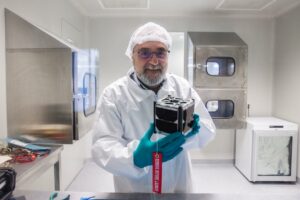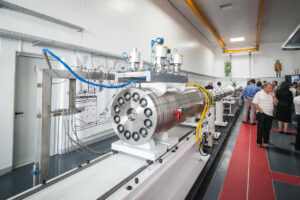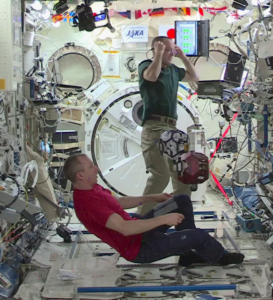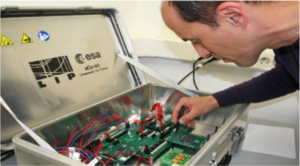NOTE: This website is strictly informational. The formal website of this Minor can be found here.
Motivation

With the launch of the first artificial satellite in 1957, civilization entered the Space Age. Since then, Space exploration has accomplished significant feats, including men on the Moon, probes, rovers, and helicopters visiting various planets, a permanently inhabited International Space Station orbiting Earth, the Voyager probes reached interstellar space, and efforts are being carried out for the return to the Moon, as a stepping stone towards a human mission to Mars.

However, Space goes beyond exploration. It is the foundation of fundamental services, such as global positioning, weather forecasting, earth observation, and satellite communications. Future prospects include novel services, such as high-speed connectivity anywhere on the planet, in-orbit manufacturing of unique products, such as prosthetic retinas and high performance optic fibers, asteroid mining, and the establishment of a cislunar economy. Moreover, Space technology often translates into groundbreaking products on Earth, such as firefighting equipment, CMOS image sensors, water purification, solar cells, among others.
Portugal has a strong and active community on Space, encompassing academia and industry, leveraged by its entry into major organizations such as ESA, ESO, CERN, and ISECG, and the foundation of the Portugal Space Agency. In fact, a significant portion of the human resources behind this community come from Técnico.
At Técnico there is internationally highly recognized research activity in various areas of Space, with flagship laboratories in astrobiology, hypersonic plasmas, nano-satellites, robotics, and radiological protection and safety. The Minor in Space Sciences and Technologies builds upon this expertise, targeting a transversal training in multidisciplinary and interdisciplinary area of Space, complementary to any Master course at Técnico.
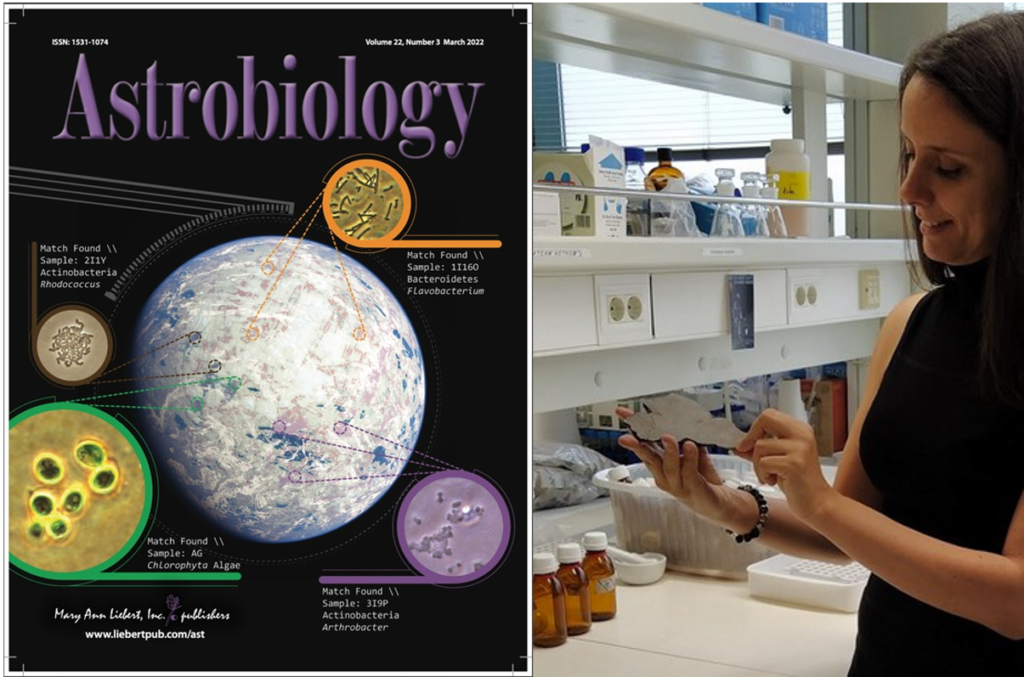



Courses
To complete this minor, a total of 18 ECTS must be taken, where Orbital Mechanics and Space Physics are compulsory.
There are no restrictions to access this minor: any Master student from any course can apply.
There is no limit on the number of students that can take this minor.
Departments
- Electrical and Computer Engineering (DEEC)
- Mechanical Engineering (DEM)
- Chemical Engineering (DEQ)
- Physics (DF)
Research centers
- Instituto de Sistemas e Robótica (ISR-Lisboa)
- Instituto de Telecomunicações (IT)
- Mechanical Engineering Institute (idMEC)
- Instituto de Plasmas e Fusão Nuclear (IPFN)
- Centro de Ciências e Tecnologias Nucleares (C2TN)
- Laboratory of Instrumentation and Experimental Particle Physics (LIP)
- Centro de Química Estrutural (CQE)
Coordination
Prof. Rodrigo Ventura
Institute for Systems and Robotics
Instituto Superior Técnico
rodrigo.ventura@isr.tecnico.ulisboa.pt
